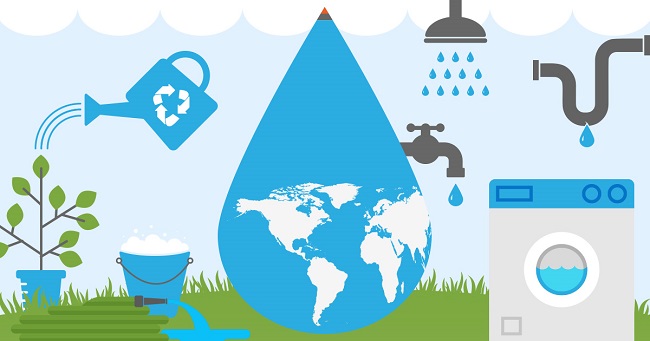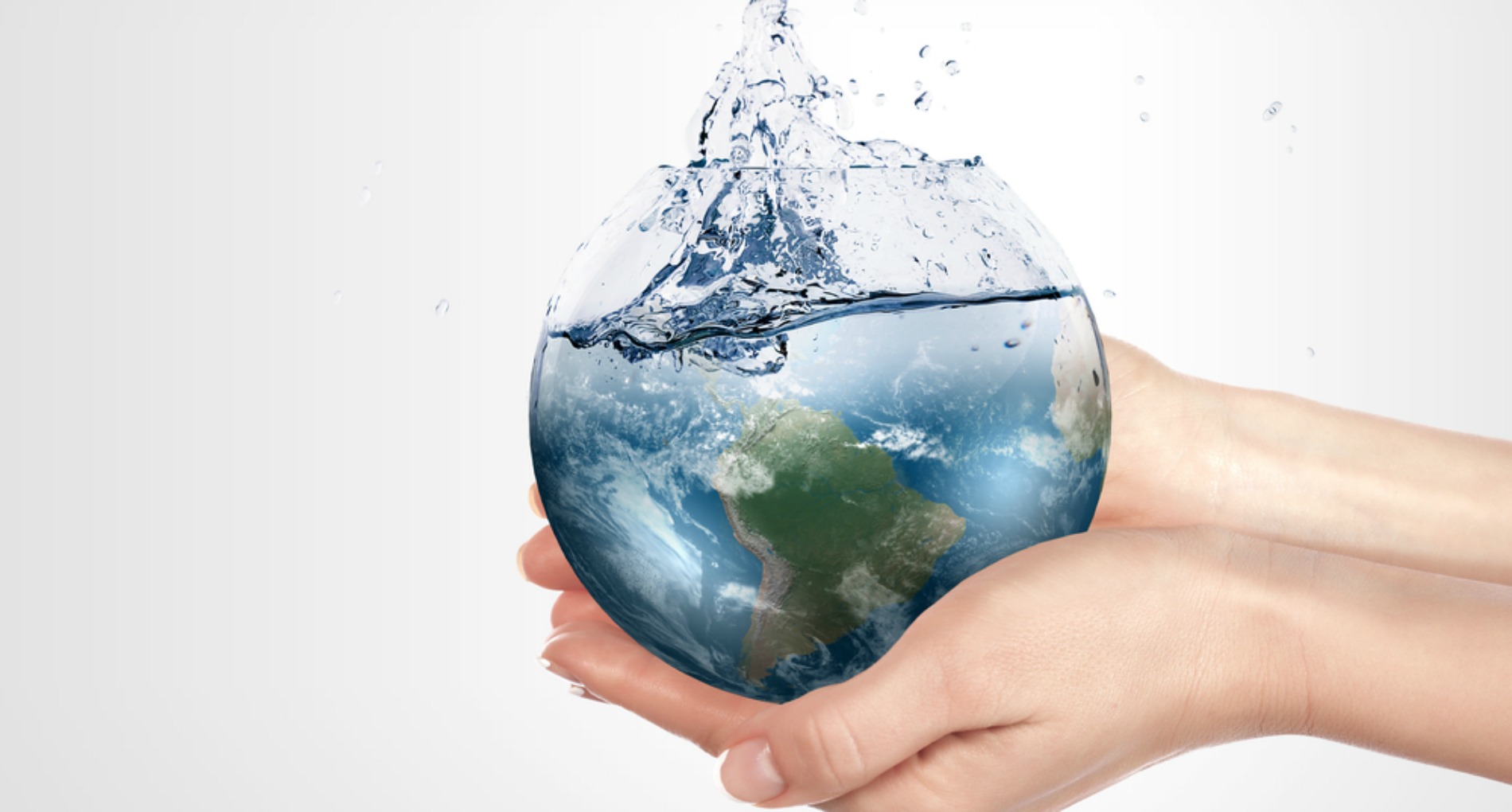Over the last few years, Water and Energy Conservation in Hotels have become hot topics in corporate circles and among the public alike. As a result, many companies are taking action to cut down on their energy consumption and water usage.
But how about hotels? While it may not seem as important given their large-scale operations, that’s no reason to be complacent when it comes to conserving the Earth’s resources—including water and energy—for future generations to enjoy.
10% Improvement Every Year
The hotel industry has committed to a 10% improvement in water and energy conservation every year. In order to achieve this, hotels are implementing a variety of strategies. These include using low-flow showerheads and toilets, installing energy-efficient lighting, and retrofitting buildings with better insulation.
By taking these measures, hotels are not only saving resources but also money. For example, by switching out light bulbs for LEDs, many hotels can save up to $4 million annually. The staff at each hotel should also be encouraged to turn off lights when they leave rooms or offices.
Additionally, it is important that guests are aware of the green efforts being made by their chosen lodging establishment so they can make informed decisions about how much water and electricity they use during their stay.

If You Can’t Measure It, You Can’t Manage It
This famous saying is often attributed to management consultant Peter Drucker, and it’s as true for hoteliers as it is for anyone else. If you want to reduce your property’s water and energy consumption, the first step is to track your usage.
You’ll need a baseline of your current practices to know what changes will result in the most impactful results. The next step is to identify opportunities for change by taking a close look at what’s working well and where improvement could be made.
Guests Don’t Have To Sacrifice Luxury
Many people believe that conserving water and energy has to mean making sacrifices, like giving up long showers or foregoing the use of air conditioning. But this doesn’t have to be the case, especially when it comes to hotels. In fact, more and more hotels are finding ways to be luxurious and eco-friendly.
One way is by installing smart metering systems. These devices monitor how much water a guest uses while they’re in their room, which helps guests know exactly how much their consumption will cost them. Guests can even track their usage online, so they know what they need to do before they get home to reduce their utility bills (like taking shorter showers).
Focus On Indoor Plumbing Fixtures
As the hospitality industry looks to become more sustainable, many hotels are turning to water and energy conservation efforts to reduce their environmental impact. One area of focus is indoor plumbing fixtures, which can account for a significant amount of a hotel’s water and energy usage.
By installing low-flow toilets, showerheads, and faucets, as well as making other changes to their plumbing systems, hotels can save considerable amounts of water and energy.
Get Creative With Outdoor Irrigation
Outdoor irrigation is a huge water waste, but there are ways to be more efficient. Utilizing drought-tolerant landscaping, installing automatic sprinkler systems that are weather-based, and using rain barrels are all great ways to conserve water. Plus, these methods can save money on your water bill. Investing in a programmable sprinkler system with a timer saves about 30% of the amount of time it takes to irrigate the same area with hand watering; so this would equate to only two hours per day instead of four.
Conclusion
As climate change becomes an increasingly pressing global issue, it’s more important than ever for businesses to do their part in conserving resources. water and energy conservation in hotels are one industry that is taking steps to reduce their environmental impact by conserving water and energy.
While there are many different ways to conserve these resources, some common methods include installing low-flow fixtures, using energy-efficient lighting, and implementing green practices such as recycling and composting.

